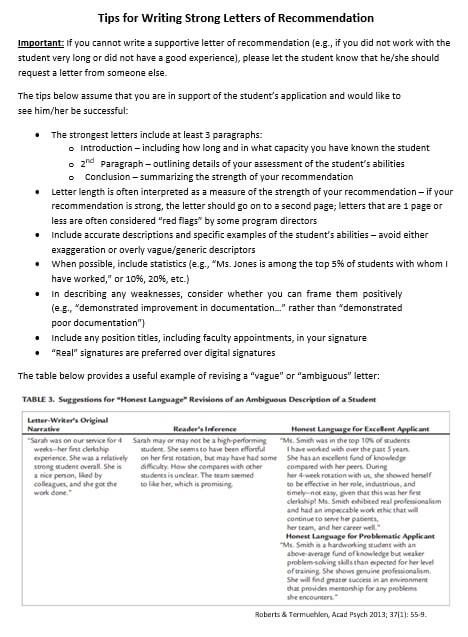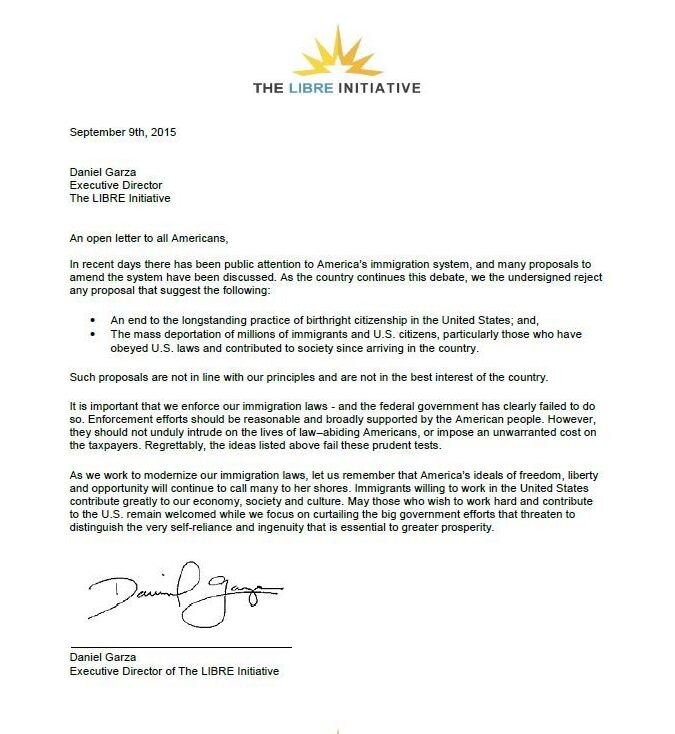Essay Tips: What is a Rhetorical Argument?
ETHOS, PATHOS, AND LOGOS: THE BENEFITS OF ARISTOTELIAN RHETORIC IN THE COURTROOM KRISTA C. MCCORMACK I. INTRODUCTION. Rhetoric, or “the faculty of observing in any given case the available means of persuasion,” 1. is a necessary skill for legal advocates. 2. While some theorists have argued classical rhetoric in the courtroom has largely.
Instead, he overwhelmingly utilizes the most powerful form of rhetoric, logos. Logos is the ability to embody rational, logical, methodical thoughts and persuasions. As it relates to Obama’s speech, examples of logos are found throughout the text. For example, by displaying objectivity, the element of logos is achieved.
Ethos, logos, and pathos are persuasional tools that can help writers make their argument appeal to readers; this is why they're known as the argumentative appeals. Using a combination of appeals is recommended in each essay. Make sure to consider carefully your audience and to stress the kind(s) of appeal that will be the most effective with.
Rhetorical appeals refer to ethos, pathos, and logos. These are classical Greek terms, dating back to Aristotle, who is traditionally seen as the father of rhetoric. To be rhetorically effective (and thus persuasive), an author must engage the audience in a variety of compelling ways, which involves carefully choosing how to craft his or her.
The purpose of this study was to determine Aristotle’s definition of rhetoric and identify the role rhetoric plays in the judicial process. Therefore, analysis focuses on origins of rhetoric, basic means of persuasion, controversy between different rhetorical schools and essence of Aristotelianism. Moreover, the findings insist on great importance of Aristotle’s rhetoric for the times we.
According to Aristotle in his treatise, The Art of Rhetoric, a speaker or writer has three ways to persuade his audience: ethos (appeal to the speaker’s character), pathos (appeal to emotion), and logos (appeal to logic). Aristotle believed that out of the three means of persuasion, logos was superior and that ideally all arguments should be.
Other posts on the site.
Such an argument ends only when one of the parties gets sick of it. Anyone looking for a logical conclusion can save much time by recognizing such an argument as a pissing contest as soon as the opponent refuses to define relevant terms. The above is not an argument. If it were, I would have defined logic and rhetoric.
Rhetoric involves the “how” of making arguments —it asks you to think about what kind of writing will make your argument most convincing to the reader. In classical rhetoric, there are three main strategies to appeal to the reader: logos, pathos, and ethos. Ethos, logos, and pathos each affect the reader differently. When choosing a.
A rhetorical analysis essay is a form of writing where the author looks at the topic in greater detail and prove his standpoint, using effective and persuasive methods. In a broader sense, a rhetorical paper means 'writing about writing,' 'dreaming about a dream,' 'teaching a teacher,' and so on. It is one of the writing assignments which.
Logos definition: Logos is a rhetorical device that includes any content in an argument that is meant to appeal to logic. What is Logos? What does logos mean in literature? Logos is a rhetorical device that includes any content in an argument that is meant to appeal to logic. Logos is one of the three Aristotelian appeals. A writer utilizes the three appeals in order to convince his audience.
The Classical Argument. Adapted from Walter Beale, Real Writing, 2 nd edition, 1986 One of the oldest organizing devices in rhetoric is the classical argument, which incorporates the five parts of a discourse that ancient teachers of rhetoric believed were necessary for persuasion, especially when the audience included a mixture of reactions from favorable to hostile.
Dr Biljana Scott’s article on framing an argument introduces the linguistic and rhetoric aspects of persuasion. The way in which we frame an issue largely determines how that issue will be understood and acted upon. By dissecting Obama’s Nobel Prize acceptance speech of December 2010, Dr Scott illustrates the main techniques for framing an argument.
A Brief Summary of Classical Rhetoric. I. Types of Persuasive Discourse. Deliberative: That which seeks to persuade someone to do something he otherwise would not do or to accept a point of view he otherwise would not hold. It is concerned with the future. Forensic: That which seeks to defend or condemn one’s actions. It is concerned with the past.


















